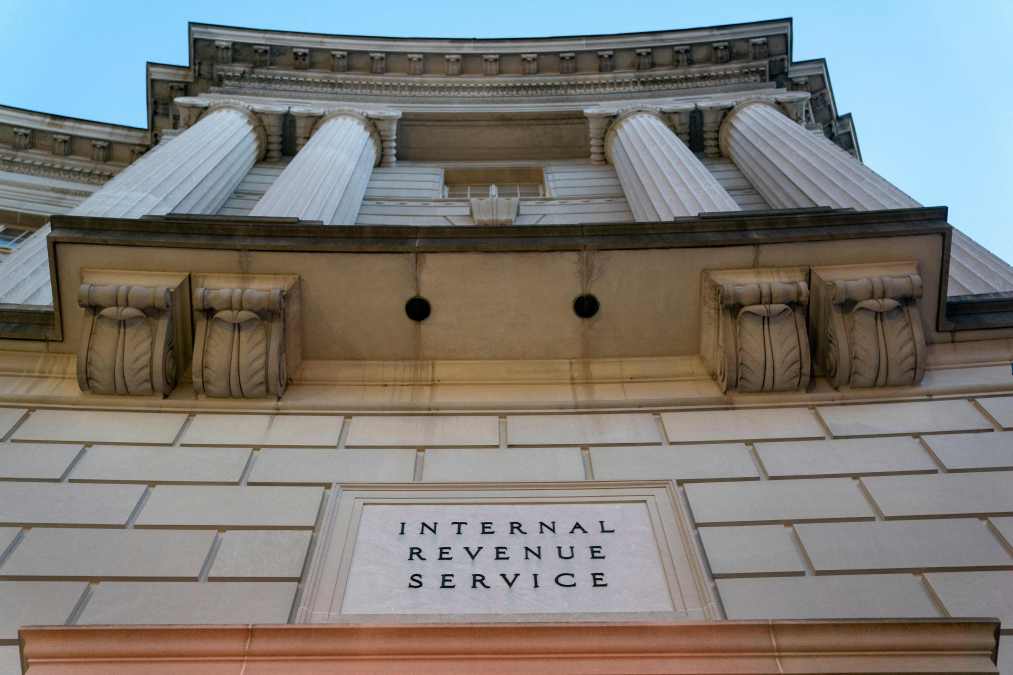IRS leadership changes include move to better align IT with business units

The Internal Revenue Service is overhauling its leadership structure, a move that comes amid the agency’s modernization push fueled by an $80 billion influx of funding from the Inflation Reduction Act.
The agency will now have one deputy commissioner instead of two, and four chiefs, who will be charged with managing taxpayer service, tax compliance, information technology and operations. Rajiv Uppal is set to join the agency next year as its chief information officer and will oversee the IRS IT unit, which is currently helmed by Kaschit Pandya.
“Our work in the technology arena is critical to our current work on everything from filing season to our phone lines and our online tools,” IRS Commissioner Danny Werfel said in a statement. “And we must continue to make foundational improvements in this area to ensure the success of our transformation work and bringing new tools to help taxpayers.
“Creating this position will be critical to making sure information technology works closely with our business units and our transformation teams to create successes for taxpayers and the tax system, now and in the future,” he said.
Doug O’Donnell, who currently serves as the IRS’s deputy commissioner for services and enforcement, will transition to the new overarching deputy commissioner role for the agency. He served as acting commissioner from November 2022 through March 2023 and has been with the agency for more than 37 years.
In addition to Uppal, the three other chief roles will be filled by Ken Corbin (taxpayer service), Heather Maloy (taxpayer compliance) and Melanie Krause (chief operating officer).
“This new governance model better supports the agency’s mission as well as giving heightened importance to these four key areas of taxpayer service, tax compliance, IT and operations,” Werfel said. “These are critical areas we need to focus on, and this structure will reflect those priorities.”
In comments last week at the ACT-IAC/DCI CX Summit in Arlington, Va., Werfel said the agency is making progress on its digitization push, a move largely made possible by IRA funds that will “benefit taxpayers of the nation, not do something that anyone should be concerned about.”
The IRS’s move toward a paperless future includes a pilot program next year that will allow eligible taxpayers in 13 states to file their returns using a free online system. The agency is also currently seeking information to scale up its robotic processing automation program.






